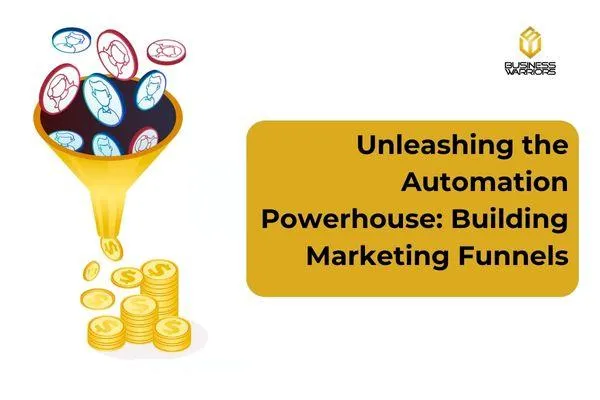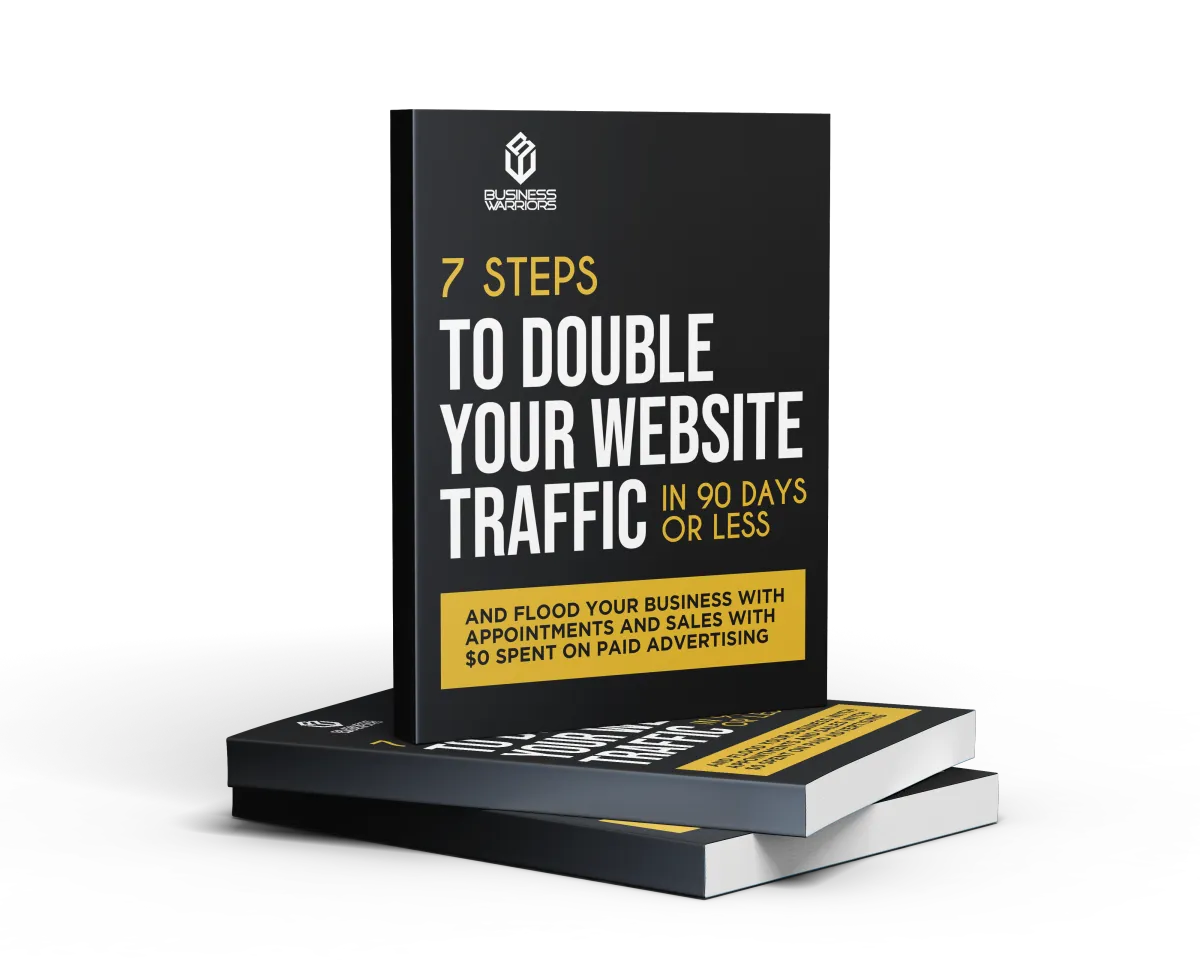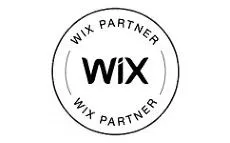Blog

Unleashing the Automation Powerhouse: Building Marketing Funnels
In the ever-evolving landscape of digital marketing, staying ahead of the curve is essential for businesses looking to maximise their reach and impact. One powerful tool that has taken center stage in recent years is marketing automation, and within this realm, the concept of building effective marketing funnels has become a game-changer. In this blog post, we will delve into the intricacies of unleashing the automation powerhouse by mastering the art of building marketing funnels.
Understanding Marketing Funnels
At its core, a marketing funnel is a systematic representation of the customer journey, from initial awareness to conversion. It's the strategic path that leads potential customers through stages such as awareness, interest, consideration, and finally, conversion. Automation comes into play by enabling marketers to streamline and optimise this process.
The Automation Advantage
Automation in marketing isn't just about saving time; it's about delivering personalised and timely content to the right audience at each stage of the funnel. From email campaigns to social media posts, automation tools allow businesses to nurture leads, provide relevant information, and guide prospects seamlessly through the sales funnel.
1. Segmentation and Personalisation:
Automation empowers marketers to segment their audience based on various criteria such as demographics, behavior, or engagement history. This segmentation allows for personalised communication tailored to the specific needs and preferences of each segment, significantly increasing the chances of conversion.
2. Email Campaigns:
Email marketing remains a stalwart in the world of digital marketing. With automation, businesses can send targeted and triggered emails based on user behavior. Whether it's a welcome series for new subscribers or a follow-up email for abandoned carts, automation ensures that the right message reaches the right inbox at the right time.
3. Social Media Automation:
Social media plays a crucial role in engaging and nurturing leads. Automation tools enable businesses to schedule posts, track engagement, and even automate responses. This ensures a consistent online presence and allows for real-time interaction with the audience.
4. Lead Scoring:
Not all leads are created equal. Automation allows for the implementation of lead scoring systems that assign values to leads based on their interactions with your content. This helps prioritise and focus efforts on leads that are more likely to convert, optimising resource allocation.
Building Your Marketing Funnel
Now that we understand the significance of automation let's break down the process of building an effective marketing funnel.
1. Define Your Audience:
Clearly identify your target audience. Who are they? What are their pain points? Understanding your audience is the foundation of a successful marketing funnel.
2. Create Compelling Content:
Develop content that resonates with your audience at each stage of the funnel. Whether it's blog posts, videos, or infographics, your content should address the needs and concerns of your potential customers.
3. Leverage Landing Pages:
Landing pages are the gateways to your funnel. Design visually appealing and user-friendly landing pages that entice visitors to take the next step, whether it's signing up for a newsletter or making a purchase.
4. Implement Automation Tools:
Choose automation tools that align with your business needs. Popular platforms like HubSpot, Marketo, or Mailchimp offer robust automation features that can streamline your marketing processes.
5. Test and Optimise:
A successful marketing funnel is an evolving entity. Regularly analyse data, conduct A/B testing, and make adjustments to optimise your funnel for better performance. The beauty of automation is the ability to adapt and refine strategies based on real-time insights.
The Future of Marketing Funnels
As technology continues to advance, the future of marketing funnels will undoubtedly see further integration of artificial intelligence (AI) and machine learning. Predictive analytics will enable businesses to anticipate customer needs, and chatbots powered by AI will provide instant and personalised interactions.
Conclusion
In conclusion, unleashing the automation powerhouse in building marketing funnels is not just a trend; it's a necessity in today's digital landscape. By understanding the nuances of your audience, leveraging the capabilities of automation tools, and continuously optimising your strategies, you can create a marketing funnel that not only captures attention but converts leads into loyal customers. Embrace the power of automation, and let your marketing funnel propel your business to new heights in the competitive world of digital marketing.
WHAT WOULD YOUR RETURN ON INVESTMENT LOOK LIKE USING OUR DIGITAL MARKETING VORTEX METHOD TO YOUR BUSINESS?
GET THE DIGITAL MARKETING AGENCY SECRETS: 7 STEPS TO DOUBLE YOUR WEBSITE TRAFFIC IN 90 DAYS OR LESS








